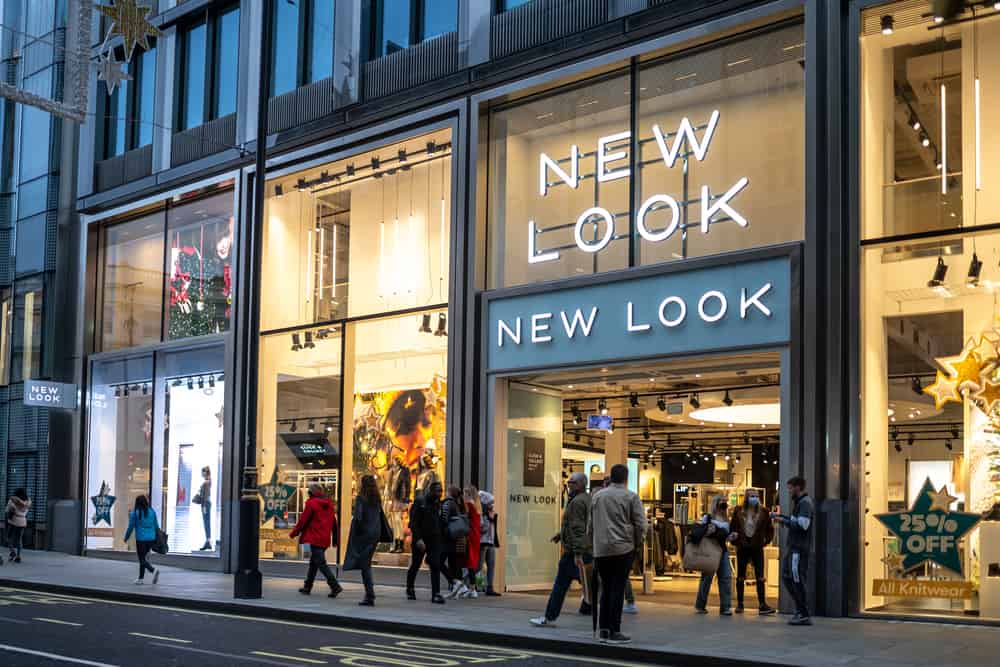Amazon has struck a deal with Visa that will mean its customers can continue using their Visa credit cards in its stores and on its website. Two payments specialists tell us what they think the significance of the move is.
Change of heart
Amazon had been due to stop accepting Visa credit cards as a payment type on January 19 – following an announcement last November – but the move was put on hold days before while talks continued.
Today the retailer, ranked Elite in RXUK Top500 research, confirmed that it would still take Visa cards after all. An Amazon spokesperson says: “We’ve recently reached a global agreement with Visa that allows all customers to continue using their Visa credit cards in our stores. Amazon remains committed to offering customers a payment experience that is convenient and offers choice.”
The move also means that Amazon customers in Australia and Singapore won’t after all have to pay a surcharge in order to use a Visa credit card.
When Amazon first announced the move, last November, it emphasised the “high fees Visa charges for processing credit card transactions”.
It appears likely that the two will now have come to an agreement on the rates that Visa charges.
Industry insights
David Ritter, financial services strategist at digital transformation consultancy CI&T, says the agreement comes as no surprise. “The stakes were too high for Amazon otherwise, given cards issued by the likes of Visa, as well as Mastercard, are so ubiquitous.
“Many of these cards sit behind digital wallets like Apple Pay and PayPal. Also, Amazon Prime subscription payments are tied to Visa cards. If all this was to change, it would be majorly inconveniencing its customers. At the end of the day, the consumer wants to use their preferred payment method and they won’t want Amazon to tell them it can’t be Visa.
“It’s more likely that Amazon has been applying pressure tactics. Major players in the retail space tend to have bespoke rates with payment firms, rather than paying published rates. The pressure on Visa was likely a way to negotiate a longer-term agreement on rates, or even to push for a freeze to its current rates.
“Merchants, especially large ones, and the card networks, have a long history of squabble over fees and terms of use — settled by litigation in many countries. Card networks also face constant scrutiny from antitrust authorities around the world. Ultimately, however, while the card networks play a central role in consumer payments today, there are long-term threats to their role as intermediary – for example, payments on blockchain, whether cryptocurrency or not.”
And Roger De’Ath, UK country manager at open banking and payments specialist TrueLayer, says: “While the news brings relief for Amazon customers, this ongoing issue has highlighted a fundamental need for new payment solutions that benefit every retailer rather than acting as a short-term sticking plaster for the few.
“For too long, cards have been retrofitted into online checkouts, creating an invisible web of hidden costs and unwieldy payment structures that affect the cost base of every single retailer. With alternatives such as open banking that can move money at a fraction of cost and time, the industry no longer needs to be held hostage to card networks for all transactions.”









